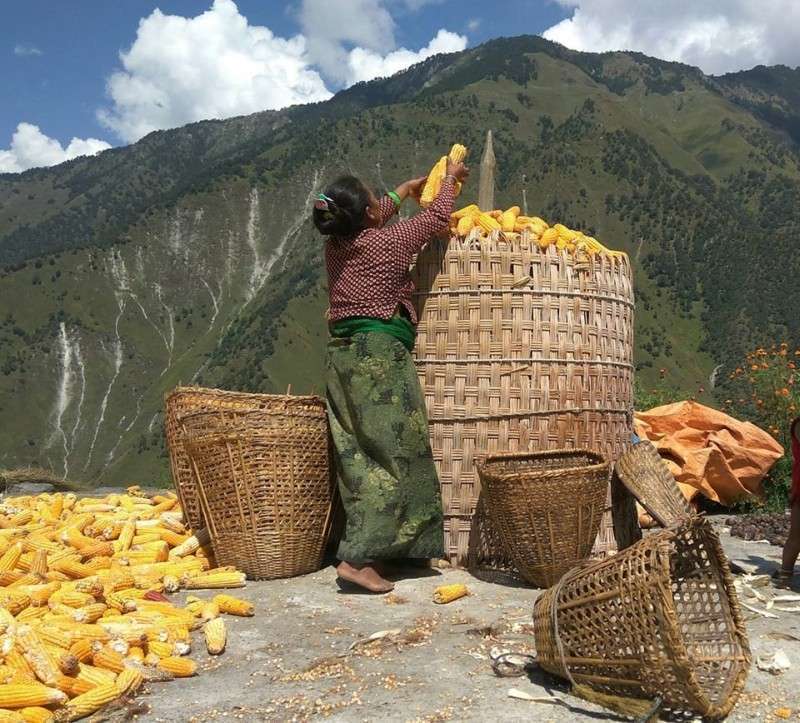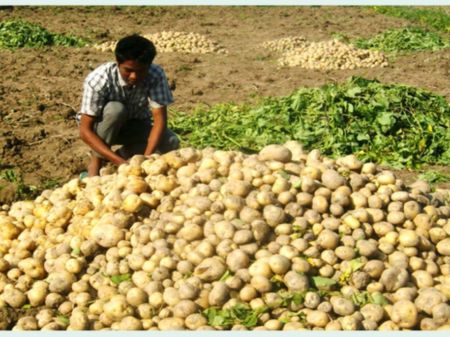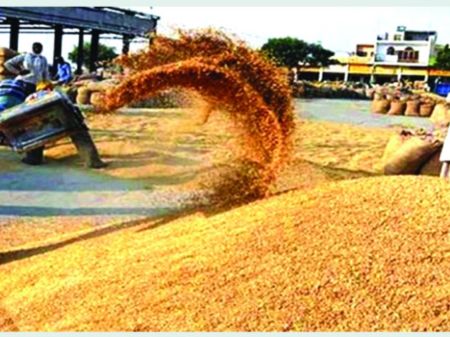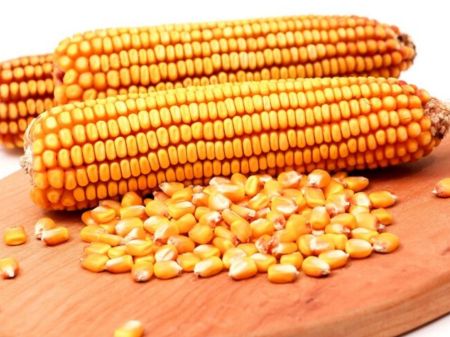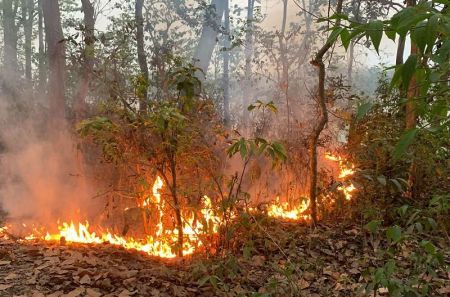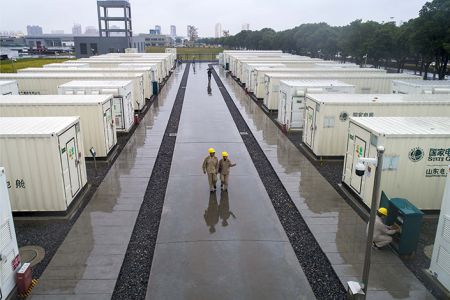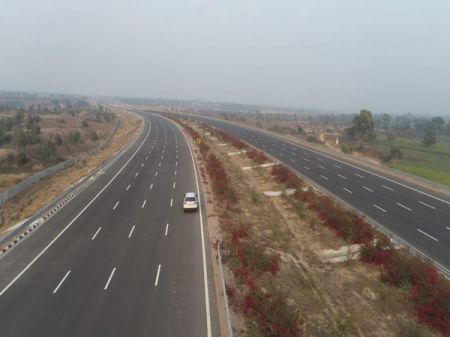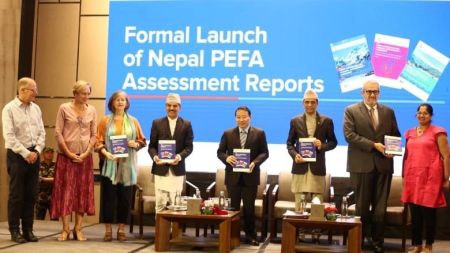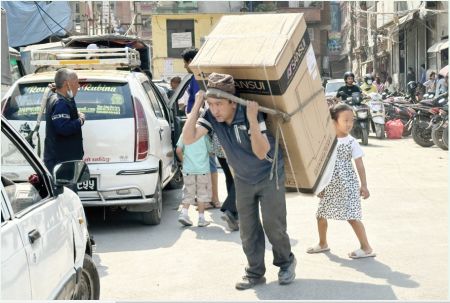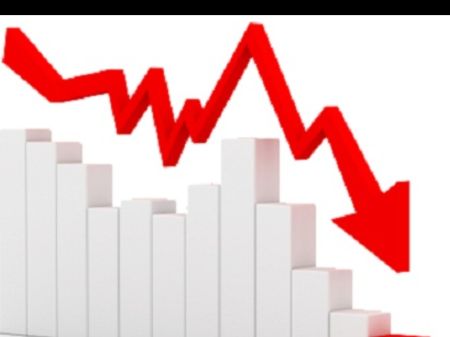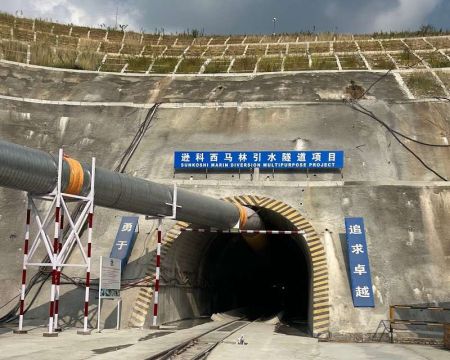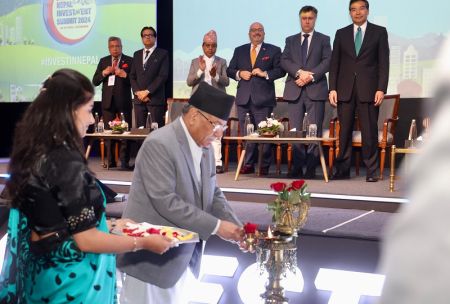April 20: The government has started the national agriculture census from Tuesday by allocating a budget of Rs 100 billion. The agricultural census started on April 19 and will last for 45 days. It is expected to help identify farmers' complaints, needs and problems in order to seek solutions.
The Central Bureau of Statistics started the agricultural census about six months after the national census was held. The department stated that Rs 100 billion will be spent on data collection, analysis, its preparation, printing of questionnaires, enumerators’ salary and facilities. Badri Kumar Karki, the director of the department said that about Rs 720 million will be spent for data collection alone.
According to him, the department will collect data for the agriculture census from all 753 local units. The census is expected to give a clear picture of the total area of cultivable land in the country at present, the main crops cultivated, livestock count, and the use of fertilizers, seeds and pesticides. Similarly, statistics on farmers with agricultural insurance, farmers’ access to agricultural credit, agricultural structure available at every local level, agricultural activities, use of agricultural technology will also be obtained.
Karki said that the current state of agriculture will be known from the data collection, which will help in making it more effective by formulating necessary policies and strategies for solving the problems. Apart from this, the census will help the government to bring additional programs for encouraging all those who have been involved in household farming.
The government has been conducted the agriculture census in Nepal since 1961 and is done every ten years. According to the department, about 5,200 enumerators and 1,300 supervisors are deployed in the field to collect the data.
The enumerators will collect data from 350,000 households considering them as representative households. The department said that the details of women-led farming will be collected separately, while keeping the increasing participation of women in the agricultural sector in mind.


